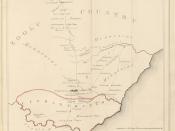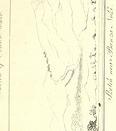The matter of who to tells the story, and how is one of the most important decisions a writer makes as he writes a story. Since there is more than one position or perspective from which a story can be told, determining point of view in a story is a crucial step towards trying to determine its meaning. By "point of view" we generally refer to two somewhat different things: the extent to which the narrator is involved in the events and actions that take place in the story (and this is a more technical sense of point of view) and his relation to the issues and characters that the story involves (which is a rather thematic and ideological of the narrative point of view). Depending on what he knows, what his intentions in telling are, what his biases are, and what his own particular blindnesses are, a narrator can be seen as more or less reliable.
Each way of telling a story may bring a different emphasis, different knowledge and different ways in which readers process and come to understand the story. Discussing narrative point of view in some works, however, may not be an easy task. Such works have surprisingly received a great deal of scholarly discussions with respect to the point of view from which they are narrated, and, not surprisingly, Henry James's "The Turn of the Screw" constitutes an outstanding example to supporting such a fact.
Obviously, much, if not all, of the ambiguity cantering around this novella can be attributed to the dissimilar interpretations aiming at investigating the unnamed governess's reliability. For some reason, Henry James seems to have wanted to confuse his readers by having the story told from different her questionable point of view, which has given rise to a great...


